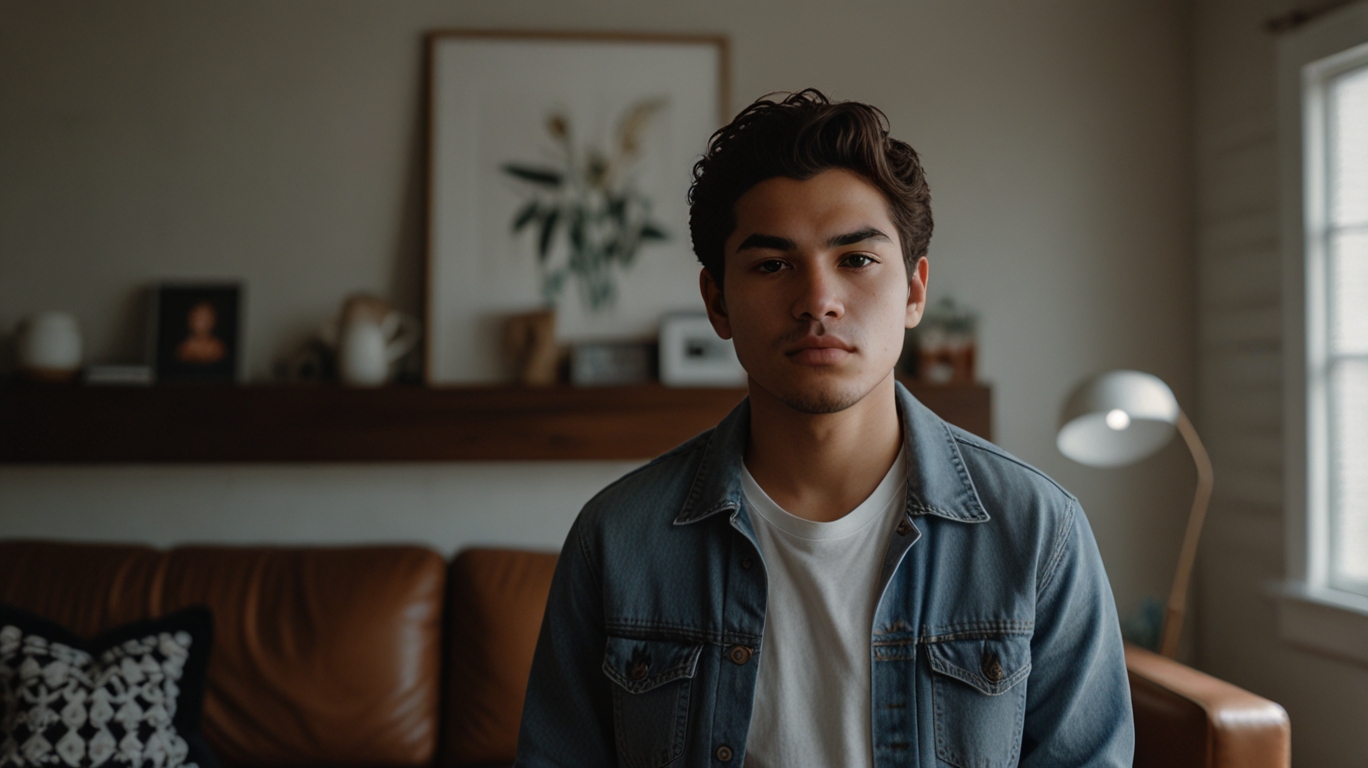Why Less Is More
In a world that constantly pushes us to accumulate more—more stuff, more success, more experiences—it’s easy to lose track of what really brings happiness. The minimalist approach flips this mindset on its head, focusing on how owning less and simplifying our lives can lead to more fulfillment. But minimalism isn’t just about decluttering; it’s about creating space for the things that truly matter.
In this post, we’ll break down the benefits of a minimalist lifestyle, give you practical tips to start living with less, and show you how it leads to a more fulfilling life.
The Problem with More
More is often seen as better—more money, more clothes, more technology. But all that “more” can lead to feelings of overwhelm, anxiety, and discontent. You end up spending more time maintaining your possessions, stressing over what you don’t have, or chasing endless goals without ever feeling satisfied.
Think about it: How often do you buy something that feels great in the moment, but after a week, it just becomes part of the clutter? The problem with “more” is that it doesn’t always equate to happiness.
The Benefits of Minimalism
Living a minimalist lifestyle can offer freedom from these stresses. Here are a few ways adopting this approach can lead to more fulfillment:
- Less Clutter, More Peace of Mind
Imagine walking into your home and seeing clear spaces instead of piles of things you don’t need. Minimalism helps reduce the chaos around you, creating a peaceful environment where you can breathe and think clearly. A decluttered space leads to a decluttered mind.
- Less Stuff, More Freedom
When you own less, you free yourself from the burden of maintaining, organizing, and protecting your things. This freedom gives you more time and energy to focus on experiences, relationships, and passions that add real value to your life.
- Less Spending, More Financial Security
A minimalist lifestyle naturally leads to spending less money. Instead of constantly buying new things, you begin to focus on what truly matters. Saving money or investing in meaningful experiences can lead to greater financial security, reducing stress and worry in the long term.
- Less Distraction, More Focus
With fewer distractions from material possessions or endless options, you can focus more on your goals and passions. Minimalism brings clarity, helping you to be more intentional with your time and energy.
How to Adopt a Minimalist Lifestyle
You don’t have to sell all your belongings or live out of a suitcase to adopt minimalism. It’s about making small, conscious choices that align with your values. Here’s how you can get started:
- Declutter Your Space
Start with one area of your home—maybe a closet or a drawer. Ask yourself, “Do I really need this?” or “Does this item bring me joy?” Donate, sell, or throw away items that don’t serve a purpose in your life.
- Focus on Quality, Not Quantity
Instead of buying a bunch of cheap items, invest in fewer, higher-quality things that will last. This applies to everything from clothes to gadgets. By focusing on quality, you reduce waste and bring more intention to your spending.
- Cut Back on Commitments
Minimalism isn’t just about physical items. It’s also about how you spend your time. Take a hard look at your daily commitments—are there things you’re doing out of obligation rather than desire? Start saying “no” to tasks and events that don’t align with your goals.
- Be Intentional with Your Time
Without the distractions of unnecessary possessions or obligations, you can focus more on what truly fulfills you. Whether it’s spending time with loved ones, pursuing a hobby, or taking time to relax, make sure your schedule reflects your priorities.
- Embrace Mindfulness
Minimalism and mindfulness go hand in hand. By living with less, you create space to appreciate the present moment. This helps you savor experiences more deeply and fosters gratitude for what you have.
How Minimalism Leads to More Fulfillment
The real beauty of minimalism is that it allows you to shift your focus from “stuff” to experiences and personal growth. Instead of being caught up in the endless cycle of wanting more, minimalism gives you the freedom to focus on what genuinely makes you happy. You’ll find fulfillment in:
- Stronger relationships: With less distraction, you have more time to spend with the people who matter most.
- More personal growth: Minimalism frees up mental space for self-reflection, helping you grow into the person you want to become.
- Increased gratitude: By appreciating the little things, you cultivate a deeper sense of gratitude, leading to greater happiness and fulfillment.
Conclusion: Finding Fulfillment in Simplicity
The minimalist approach is about more than just decluttering your space—it’s a mindset shift that leads to a life of greater fulfillment. When you strip away the excess, you create room for what truly matters: relationships, personal growth, and peace of mind.
If you’re feeling overwhelmed by the constant demand for more, it might be time to start embracing less. By simplifying your life, you’ll find that less really does lead to more happiness and fulfillment.
Call to Action (CTA):
Ready to take the first step toward a minimalist lifestyle? Start small—pick one area of your life to declutter today and see how much lighter and fulfilled you feel. Share your progress in the comments below, and let’s inspire each other to live with intention and purpose!


